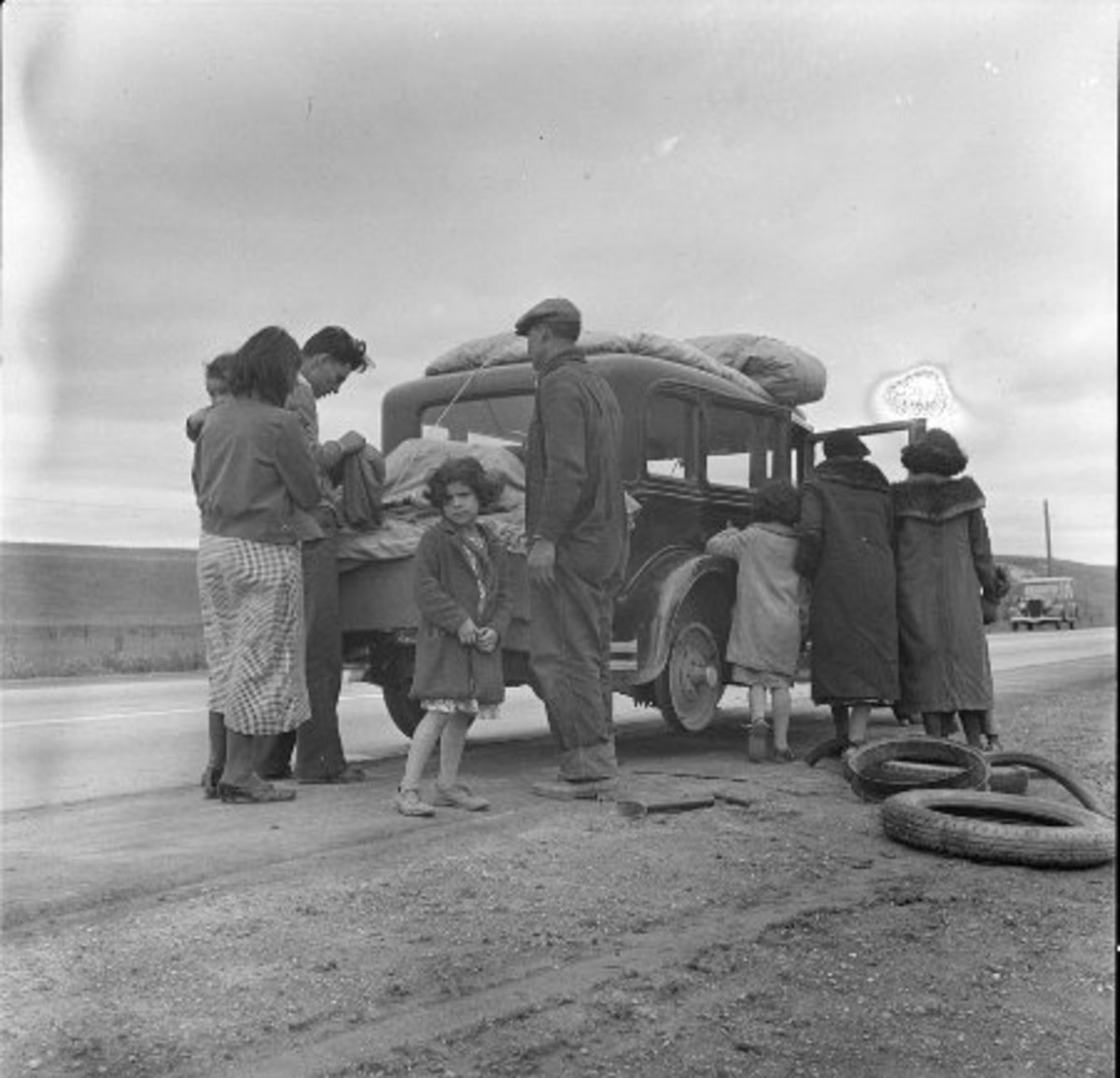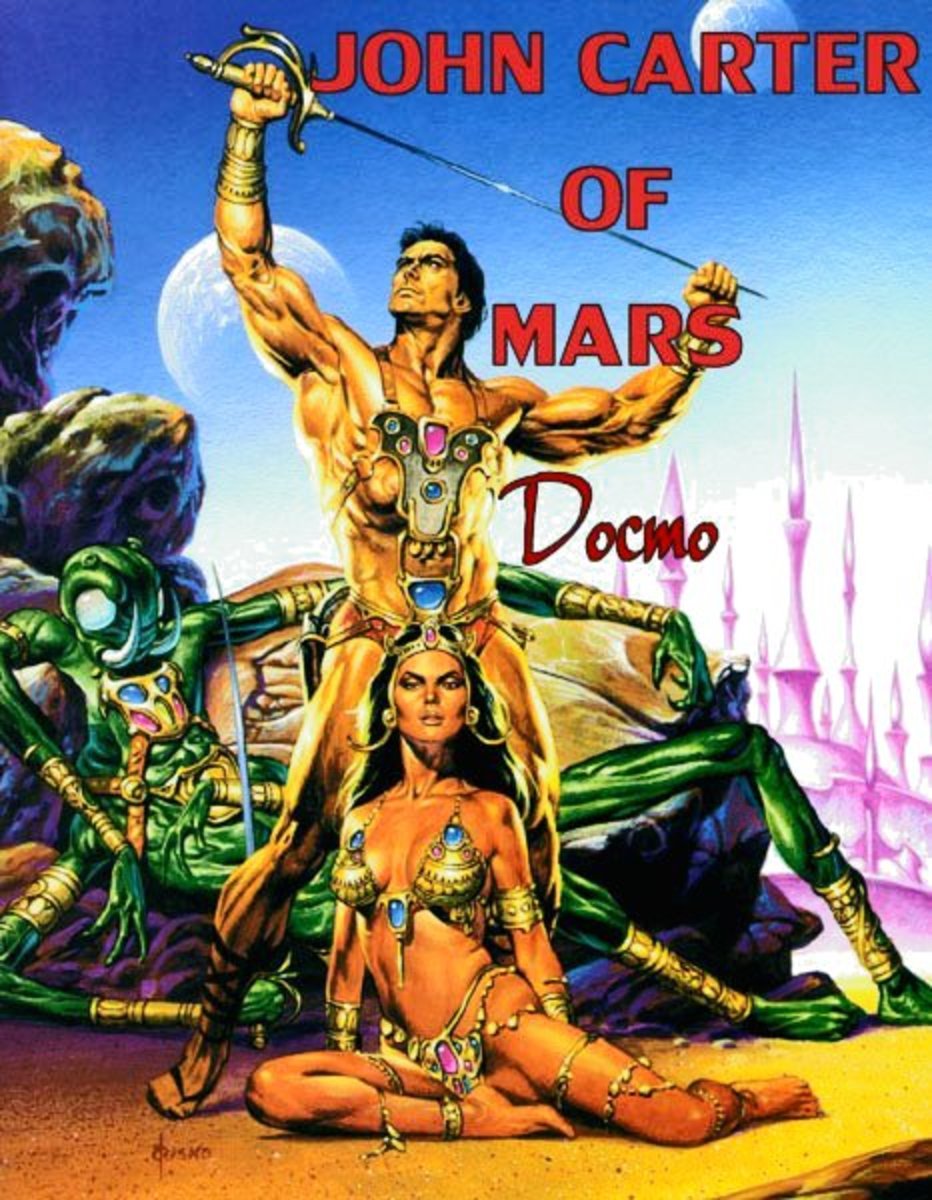Chicano

aliens and close encounters
"I'm just saying just suppose I decided to move. Who'm I gonna sell to with them next door? Not people the caliber of us here, I'll tell you that." If nothing else, reading Richard Vasquez's Chicano serves to show what a problematical housing market used to sound like. This landmark novel begins with a train wreck in northern Old Mexico. Patriarchal Hector Sandoval finds himself "lying in the blazing sun". Indians appear and ask not to be blamed. The federales will soon arrive. Who knows what will happen. Some fifty boxcars are filled with bleeding, writhing cattle. Are these, in that sly metaphorical way of the wordsmith, Mexicans unable to get out? This is only the beginning few pages. Soon enough the Sandoval odyssey into America will stretch westward to East L.A. and north to Illinois.
Chicano is a novel published in 1970. At the time, Chicano literature was sparse. Since then, more and more novels having to do with the post-immigrant, 2nd-generation, Mexican-American experience have been released. On the whole, they have been widely and warmly received. Novels can do a better job than non-fiction in describing a situation, plight, or set of circumstances. Facts are indispensable, but they are not applied science. Fiction, on the other hand, enables readers to feel and think along with characters based, it can be assumed, on either real people or literary composites. At present, a genuine understanding of what generates so much friction between the USA and Mexico is missing. The current policy of stoic passivity is not what is needed along the border. The predicament can only worsen. And it is not strictly about a fence or a river or floodlights and sirens and bloodhounds. It is about two nations that lack synergy and mutual dynamics.
Stories no matter how well written and developed cannot solve international dilemmas. But they can help. Chicano is set back in terms of its time frame but serves to sketch out the ongoing entanglement. Mexicans crave an existence that prolonged, endemic poverty will not allow. So they cross over. And then what? For one thing, the dream of a wealthier, happier life quickly and repeatedly breaks down into various hard-nosed realities. In one section, women discuss what sort of work they can get. For $5/week they can take care of children and do housework. But they are skeptical and believe that in addition they will be forced to serve the carnal whims of their bosses. It is either this, however, "or live like an animal in Mexico."
Julio Salazar works the fields in the Depression filling crates with grapes at two cents apiece. Anglos from the midlands arrive and move on, seeking all white environments. Julio's father quotes Cervantes and Lope de Vega, but his English is poor. Language wars crop up. Signs appear in Spanish such as Licores and Zapatero. In bars one can order cerveza for cinco centavos. That is where Julie meets Rosa, a working girl. In the surrounding vicinity he also meets a farmer who slips him $500 to rat out twenty wetbacks he cannot pay, saving the wily employer $1500. It is hard, making use of hindsight, to grasp where so much culture clash was leading since it is still evolving.
Later, Pete Sandoval joins the International Brotherhood of Cement Masons. He tries to buy a house for sale in the suburbs of L.A. but is turned down. Finally, he is able to move out of a ghetto and into an Anglo neighborhood. This is a natural progression but not one without drawbacks. Neighbors lament vociferously. Sammy, his boy, is in grade school and nurses a grudge against Whites whose pronoun "we" is so exclusive. A sociologist from a university ingratiates himself with the whole household for the purpose of a study. An American dream now undergoes an academic adjustment. It is all very insulting from one perspective and yet this is the shape and form of what lies behind the lure that drives multitudes of Mexicans into the U.S.
One can argue that Chicano is by no means the greatest example of Chicano lit. It is, however, a great introduction to the subject. The book reads at times like passages in the Dos Passos trilogy, USA. Vasquez has an excellent eye and ear and generally speaking gets it down. The Spanish impact in the Southwest is immediate. It is something one can see, hear, feel, and experience first-hand. But the border towns are of real concern. From a spate of chilling journalistic articles, it is apparent that a breakdown in terms of civilization is occurring. This is not what Americans want to divide their country from Mexico. The same goes for Mexicans. If this is to be, if drug-related atrocities are to serve for a less porous fence keeping Americans north and Mexicans south, then not only will opportunities have been lost but anti-Americanism will have been handed a gift it does not deserve. Unless it is true (not) that this country never meant to live up to its finest ideals.





